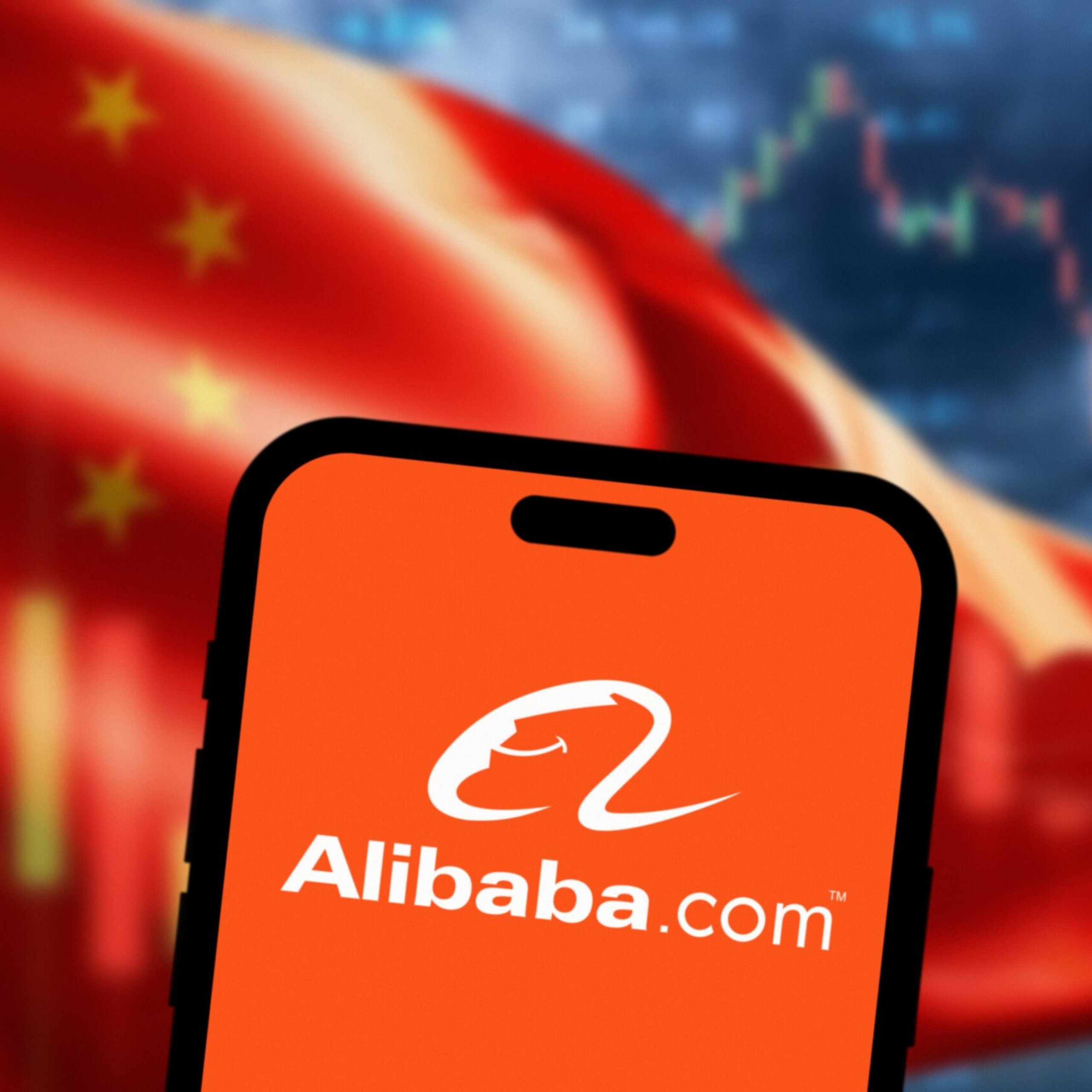On Wednesday, a new AI-powered translation tool entered the market. Alibaba, China’s e-commerce giant launched an updated version of Marco MT, its AI translation tool. The Chinese giant’s international arm is betting big on this latest iteration, claiming its proficiency exceeds that of rival tools developed by Google, DeepL, and OpenAI.
Alibaba’s AI translation tool, based on its proprietary model Qwen was designed with merchants in mind. The first iteration was developed to assist merchants in creating product pages in the language of their target market. The latest iteration, powered by LLMs boasts the ability to interpret “contextual clues such as cultural and industry-specific terms.” In line with the growing global demand for AI, Alibaba has expanded its offerings in the space in the recent past. In September 2024, the Chinese giant launched an AI-powered sourcing tool for American buyers unfamiliar with trade patterns in the Orient.
Kaifu Zhang, vice president of Alibaba International Digital Commerce Group and head of the business’ artificial intelligence initiative told CNBC on Tuesday, “The idea is that we want this AI tool to help the bottom line of the merchants because if the merchants are doing well, the platform will be doing well.” The new iteration supports 15 languages and is expected to boost merchant interactions on Alibaba’s global marketplace.
11.11 Global Shopping Festival kicks off today! Taobao and Tmall Group are rolling out key initiatives to help merchants better connect with consumers and improve efficiency. Discover how merchants achieve quality growth in 11.11: https://t.co/S23TaUPLhb… pic.twitter.com/CGpvvlrBKq
— Alibaba Group (@AlibabaGroup) October 14, 2024
Furthermore, the English version of Alibaba’s AI-powered Taobao app in Singapore rapidly climbed to the top of the charts, showcasing the potential of AI to enhance the company’s global footprint. Alibaba’s dedicated steps toward embracing AI also led to the creation of over 100 open-source AI models under the Qwen 2.5 umbrella, catering to a range of sectors from automobiles to esports and research.






